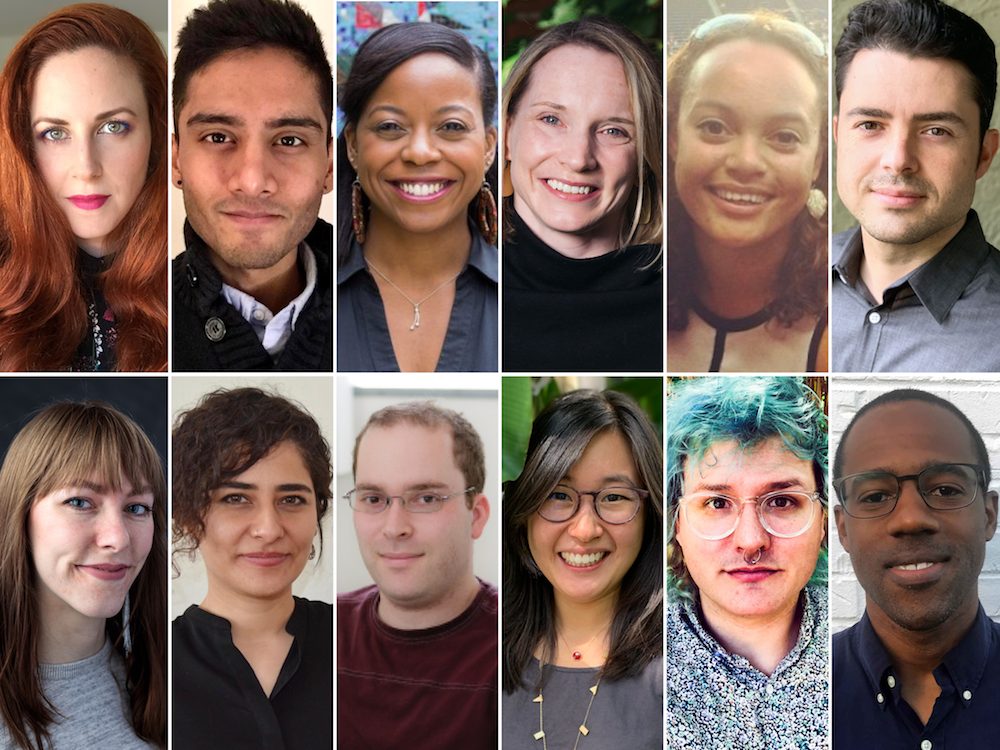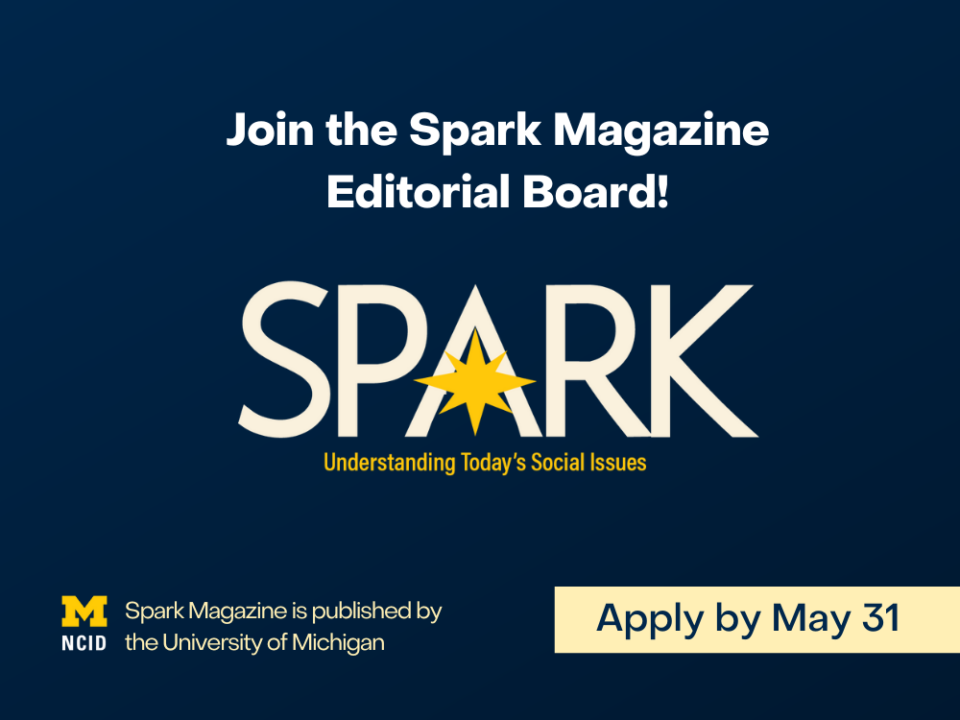- About
- News
- Events
- Initiatives
- Anti-Racism Collaborative
- Change Agents Shaping Campus Diversity and Equity (CASCaDE)
- Diversity Scholars Network
- Inclusive History Project
- James S. Jackson Distinguished Career Award for Diversity Scholarship
- LSA Collegiate Fellowship Program
- University Diversity & Social Transformation Professorship
- Publications & Resources
- About
- News
- Events
- Initiatives
- Anti-Racism Collaborative
- Change Agents Shaping Campus Diversity and Equity (CASCaDE)
- Diversity Scholars Network
- Inclusive History Project
- James S. Jackson Distinguished Career Award for Diversity Scholarship
- LSA Collegiate Fellowship Program
- University Diversity & Social Transformation Professorship
- Publications & Resources

Coffee Breaks with Scholars
July 1, 2020
Four 2020 University Diversity and Social Transformation Professors named
July 17, 2020LSA names 13 LSA Collegiate Fellows in fourth cohort
LSA has recruited 13 new fellows for its fourth cohort of LSA Collegiate Fellows.
Selected from a pool of more than 800 applicants, these early-career scholars are recruited from across the disciplines of the humanities, natural sciences and social sciences for their exceptional scholarship and strong commitments to LSA’s diversity, equity and inclusion goals, as demonstrated through their research, teaching and mentoring, or service and engagement experiences.
Since 2017, LSA and the National Center for Institutional Diversity have welcomed cohorts of LSA Collegiate Fellows to the University of Michigan campus, providing them with a fellowship period to pursue independent research, engage in undergraduate teaching or other pedagogical activities with students, and be mentored.

Fellows participate in professional development and community building opportunities — to prepare for the transition to tenure track positions at U-M.
“The Collegiate Fellows program reflects LSA’s steadfast, ongoing commitment to enhancing faculty diversity, through support of scholars who bring experiences, expertise and competencies that are critical to our institution,” LSA Dean Anne Curzan said.
“I have been truly inspired by each class of fellows. They are fantastic colleagues and teachers who enrich the intellectual culture of our college and deepen our conversations about DEI rigorously and creatively, as we work together toward our goal of creating transformational change.”
This year’s new fellows, along with their LSA departments, are:
- Adi Saleem, Romance Languages and Literatures.
- Justine M. Davis, Afroamerican and African Studies.
- Ann Heffernan, Political Science.
- Sean Johnson, Astronomy.
- Cherry Meyer, American Culture.
- Justin Mitchell, English Language and Literature.
- Alyssa Paredes, Anthropology.
- Renee Ragin Randall, Comparative Literature.
- Valentina Rozas-Krause, History of Art.
- Seda Saluk, Women’s and Gender Studies.
- Eric Spanton, Physics.
- David Tamayo, History.
- Yixin Wang, Statistics.
As of fall 2020, more than 95 percent of the LSA Collegiate Fellows from the first two cohorts will be in tenure-track positions in LSA. The high rate of transition from fellow to tenure-track assistant professor positions speaks to the strength and promise of the fellows’ research and contributions as scholars.
It also speaks to intentional, innovative design features of the program — a national, open search across disciplines, clear criteria for scholarly excellence and demonstrated DEI commitments, centering of department and faculty governance processes, and a cohort-based model to deepen scholars’ sense of community on campus.
NCID Director Tabbye Chavous highlighted the varied and important impacts that LSA Collegiate Fellows have made on campus over the past few years — advancing cutting-edge research and scholarship in their respective fields, while also beginning to implement inclusive teaching practices in classrooms and high-quality mentoring practices with undergraduate and graduate students.
Chavous also emphasized the role of U-M in supporting these scholars, noting that “as fellows make these important contributions, our responsibility as a campus is to work with them and for them to provide equitable, inclusive environments that will support fellows’ scholarly and personal thriving as members of our community.”
Originally published in The University Record.




